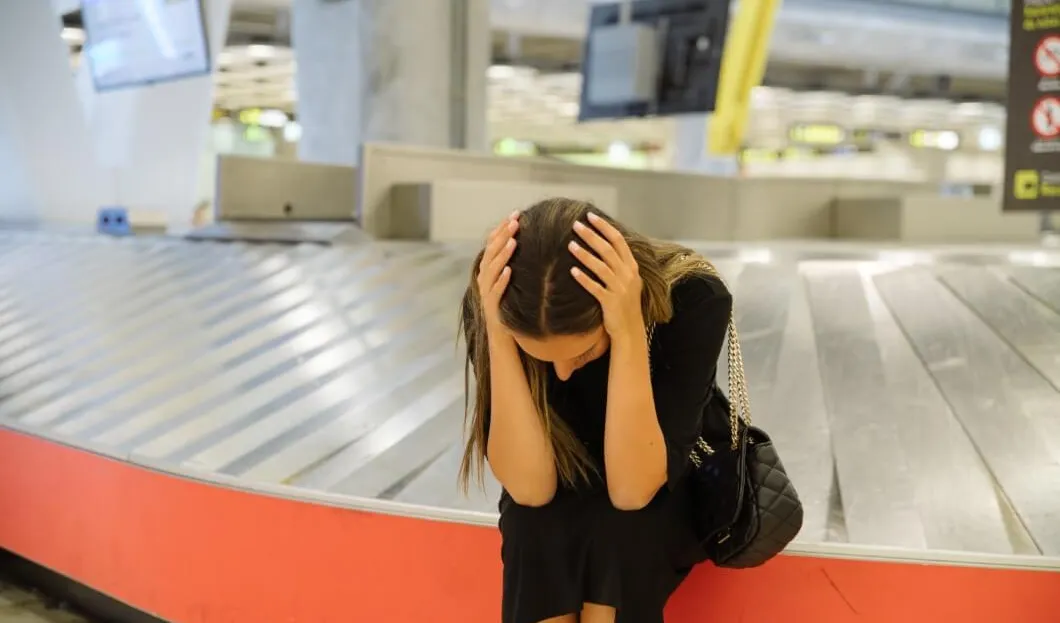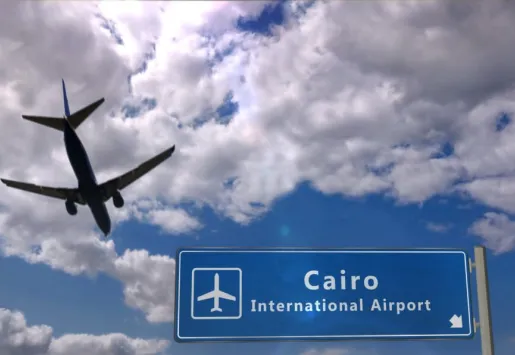
SITA has published its "SITA Baggage IT Insights 2024" report. According to this document, in 2023, the baggage mishandling rate decreased from 7.6 to 6.9 per 1,000 passengers, while the number of passengers increased to 5.2 billion, surpassing 2019 levels for the first time in five years.
Between 2007 and 2023, the baggage mishandling rate (lost/mishandled baggage) fell by 63%, while passenger traffic increased by 111%.
The report shows that Europe has seen the largest long-term decline in baggage mishandling rates, dropping from 16.6 per 1,000 passengers in 2007 to 10.6 in 2023.
However, the sector still faces challenges, particularly in managing the increase in baggage volumes.
SITA underscores the crucial role of digitalization in the industry, particularly in baggage handling. The report states, "Continuing the industry's digitalization agenda is vital, with a focus on AI for data analysis and computer vision technology for automated baggage processing." This emphasis on cutting-edge technology instills confidence in the industry's ability to improve baggage handling.
According to SITA, their research indicates that 32% of passengers experienced anxiety due to flight delays and cancellations in 2023. Two-thirds of airlines now provide unassisted baggage drop-off services, and 85% of airports offer self-service baggage drop-off. Additionally, 32% of passengers receive baggage collection information directly on their mobile phones.
Only 58% of airlines share their data when collecting baggage, while 66% of airports share baggage delivery data with airlines.
SITA's Baggage IT Insights survey references IATA's initiative, Resolution 753, which calls for comprehensive baggage tracking and real-time status data. This initiative and the industry's focus on data sharing throughout the luggage journey clearly indicate the industry's commitment to improving baggage handling. This detailed information keeps stakeholders informed and engaged in the industry's efforts.
The survey also highlights the Airports Council International's advocacy for self-service, real-time communication, and visibility for passengers to minimize stress and anxiety.












